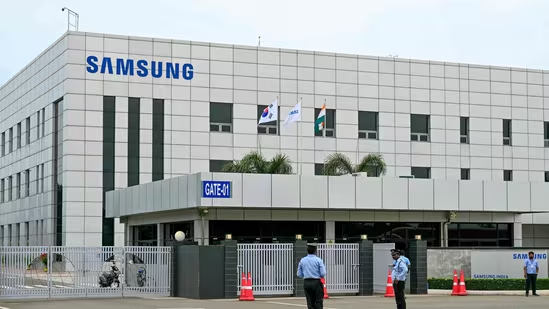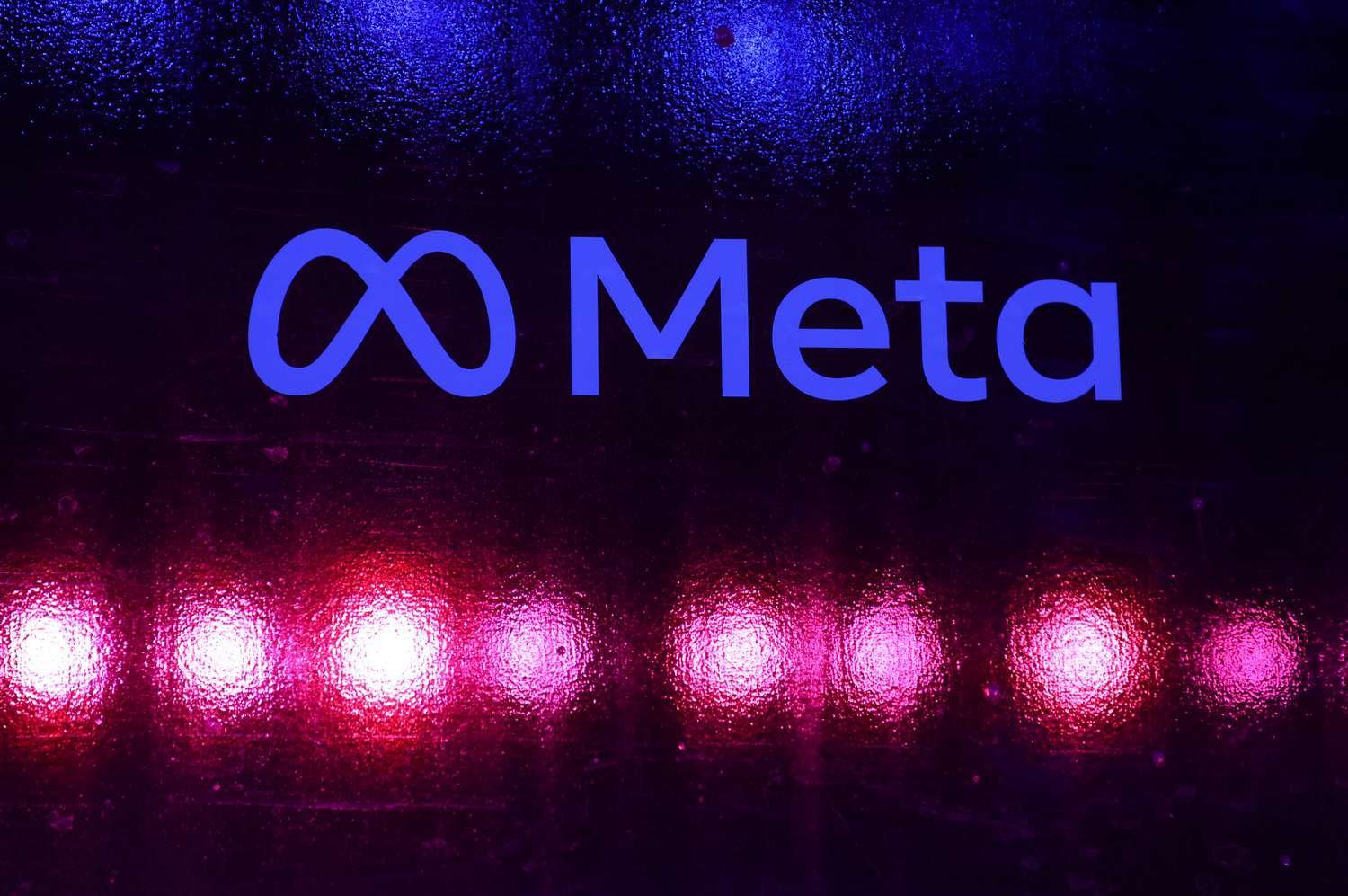The Competition Commission of India (CCI) has granted approval for the merger of Reliance and Disney’s entertainment businesses, valued at over ₹70,000 crore (approximately $8.5 billion), on Wednesday, August 28, 2024. This decision follows earlier concerns raised by the CCI that the merged entity might dominate the broadcasting rights for cricket and television in India, potentially disadvantaging advertisers.
The merger involves Reliance Industries Limited (RIL), Viacom18 Media Private Limited (Viacom18), and Digital18 Media Limited, alongside The Walt Disney Company’s (TWDC) Star India Private Limited (SIPL) and Star Television Productions Limited (STPL).
This consolidation will create India’s largest entertainment company, boasting 120 television channels and two streaming platforms. Under the terms of the merger, Reliance will hold a 63.16% stake in the combined entity, while Walt Disney will retain the remaining 36.84%. Star India Private Limited, currently a wholly-owned subsidiary of Disney, will transform into a joint venture shared by Reliance Industries Limited, Viacom18, and Disney’s existing subsidiaries, as outlined in the CCI’s press release.
However, the approval is contingent upon adherence to “voluntary modifications,” with the detailed order yet to be issued.
Both Reliance and Disney were confident of obtaining CCI’s approval, especially considering that the competition authority had previously granted conditional approval for the now-cancelled Zee and Sony merger, which required Zee to divest certain channels.
“The CCI’s approval is vital for mergers that exceed specific thresholds of assets and turnover. Mergers involving significant market shares typically undergo rigorous scrutiny by the CCI. Media reports indicated that the merged entity would command 50% of certain markets, raising concerns about sports rights. The CCI likely examined these issues and issued a notice questioning why divestment should not be mandated. Generally, merging parties propose voluntary modifications to facilitate approval. In this case, although the exact modifications have not been disclosed, they may include selling certain channels or giving up some cricket broadcasting rights,” explained Akshat Kulshrestha, a partner at S&R Associates specializing in CCI regulations and antitrust laws.



